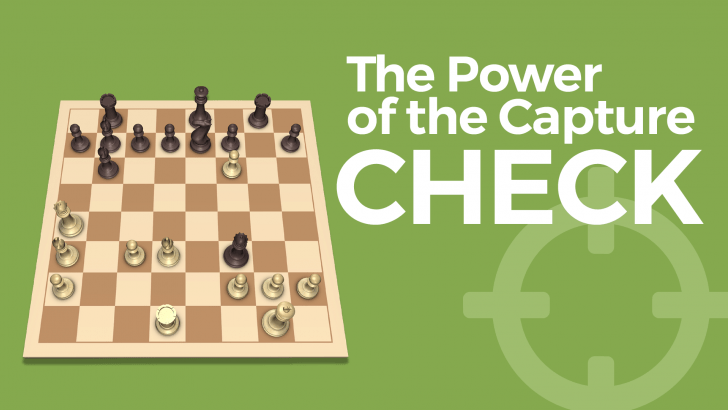The Power of the Capture-Check
Capture with check and force your opponents to resign!
Have you ever wondered how strong players can calculate forcing variations? Do you have trouble using forced moves in your own games? Then this is the course for you! There's not much more forcing than capturing a piece with check! This course teaches you to use the power of a capture-check in your calculations. You will learn to examine capture-checks in every complicated situation. No matter how foolish the move may seem at first glance, it may be the key to complicated tactics. Start using capture-checks today!
Here is what you will learn:
- Practice calculating important tactics!
- Learn about the power of the capture-check!
- Start winning by using capture-check calculations!
